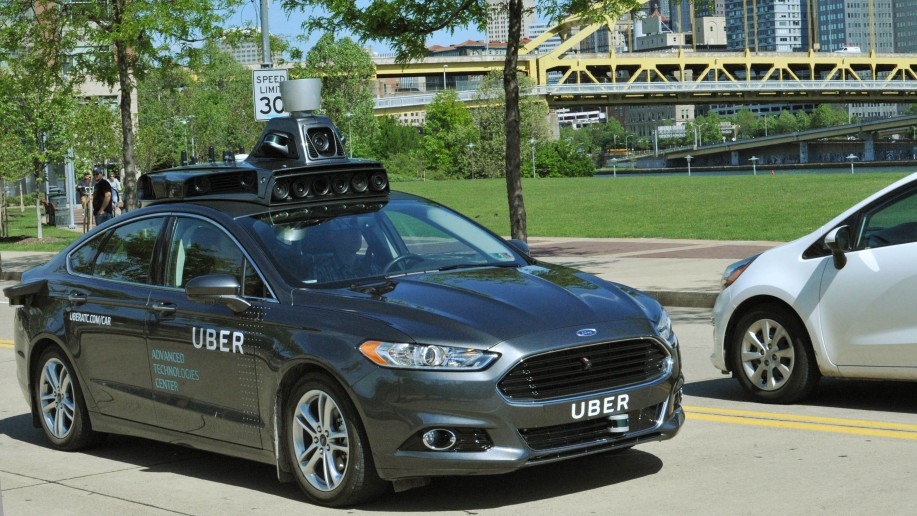Google was credited as the company with the first major move into self-driving vehicles, but that doesn’t mean others aren’t trying to get into the game for themselves. Uber is a well-documented member of that growing group of companies, with the drive-sharing company opting to use the technology to deliver Uber rides.
A test vehicle for Uber’s self-driving car.
But the time for playing nice and helping each other to push forward standards and regulations might soon be coming to an end. David Drummond, who is a senior vice president of corporate development for Alphabet, is stepping down as a board member for Uber. Drummond joined Uber’s board in 2013 after then-Google (their Ventures arm, to be specific) invested $250 million into the company.
That move doesn’t automatically signal the beginning of a corporate war, of course. Drummond has even mentioned that Google Ventures remains a staunch investor in Uber. Their reported parting of ways is simply to avoid any unnecessary conflicts of interests.
That’s rosy and all, but I can’t help to compare this scenario to what happened between Apple and Google in 2009 just before Android took off. Eric Schmidt — who served as Google’s CEO at the time — had been a longtime member on Apple’s board of directors, but he had to step down due to conflicts of interest due to their Android OS directly competing with Apple’s iOS.
Sure enough, Google started throwing a lot of weight behind Android at that point, and they — along with the countless OEM partners who have made Android devices over the years — got into a war that the late, great Steve Jobs described as “thermonuclear.” He was being a bit overdramatic with that choice of words, of course, but it did end up becoming one of the biggest and most important ongoing battles in technology that’s still raging on to this day and for the foreseeable future.
How is that war going, by the way, Apple?
So, are Uber and Alphabet set to become bitter rivals? Maybe. We’re sure they’ll both want to play nice to get the technology off the ground in both technical and logistical ways, but once self-driving vehicles become commonplace we won’t be surprised if these two do more than step on each other’s toes.
[via Wall Street Journal]













Comments